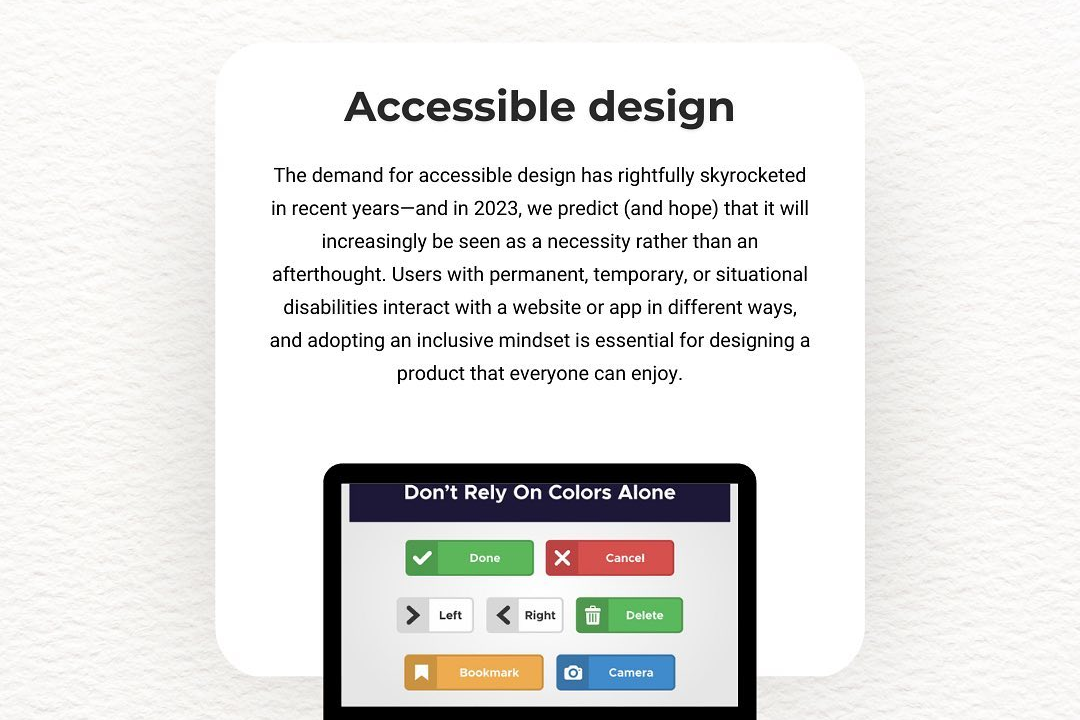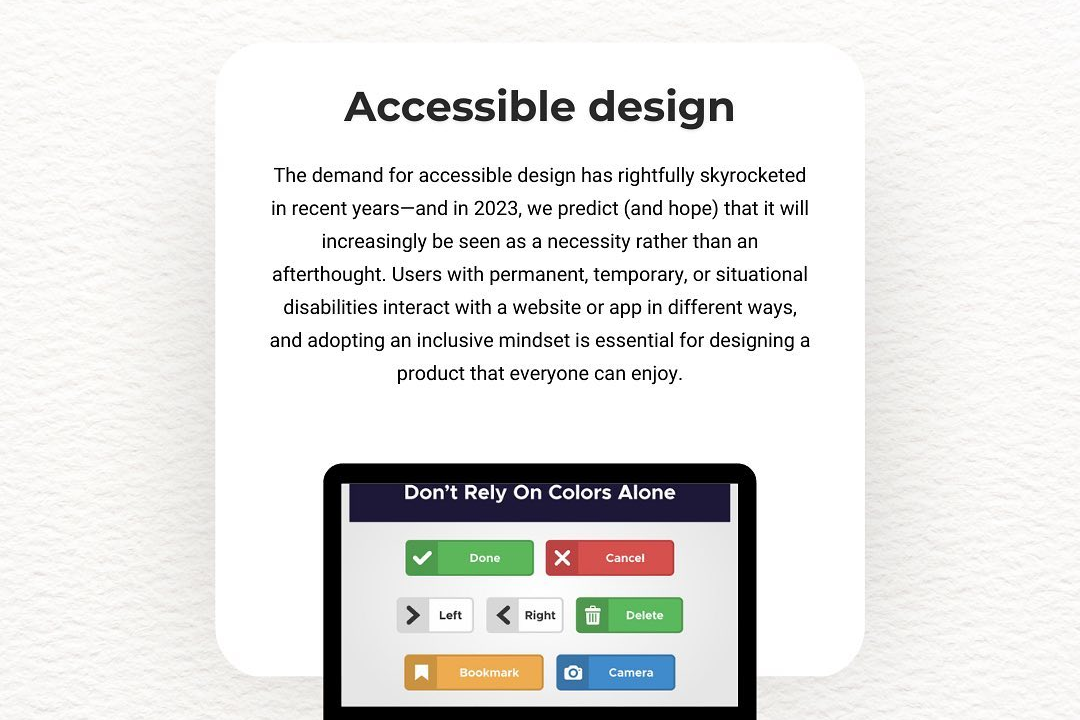Android Testing Malda
Comprehensive Guide to Android Testing in Malda
Android Testing Malda
Android testing in Malda, like in other regions, involves a systematic process of evaluating Android applications to ensure they function correctly and meet user expectations. This process includes various types of testing such as functional testing, usability testing, performance testing, and security testing, tailored to identify bugs, usability issues, and performance bottlenecks. In Malda, which is part of West Bengal, India, local software development firms and educational institutions may conduct testing as part of the app development lifecycle, leveraging automated testing tools and frameworks to streamline the procedure. Additionally, developers in Malda may collaborate with testers to adapt applications to local user needs, including language and cultural preferences, thereby enhancing the overall user experience.
To Download Our Brochure: https://www.justacademy.co/download-brochure-for-free
Message us for more information: +91 9987184296
1 - Introduction to Android Testing: An overview of what Android testing entails, its importance in the app development lifecycle, and the various types of testing that exist.
2) Types of Android Testing: Explanation of the different types of testing methods, including unit testing, integration testing, UI testing, and end to end testing.
3) Testing Frameworks: Introduction to popular testing frameworks used in Android development, such as JUnit for unit testing and Espresso for UI testing.
4) Writing Test Cases: Guidance on how to write effective test cases, including best practices for ensuring test coverage and maintaining clear documentation.
5) Automated Testing vs. Manual Testing: A comparison of automated testing and manual testing, discussing the advantages and disadvantages of each approach.
6) Setting Up the Testing Environment: Instructions on how to set up an environment for Android testing, including tools, libraries, and IDE configurations.
7) Mocking and Stubbing: Understanding the concepts of mocking and stubbing in testing, including libraries like Mockito for creating test doubles.
8) Using Android Debug Bridge (ADB): Introduction to ADB for interacting with Android devices and emulators during testing processes.
9) Performance Testing: Insights into performance testing methods for Android applications to ensure smooth functionality and responsiveness.
10) UI Testing Best Practices: Focus on best practices for UI testing, including the use of Espresso and UI Automator for testing user interactions.
11) Continuous Integration (CI) in Android Development: Overview of how to set up CI pipelines using tools like Jenkins or GitHub Actions to automate Android testing.
12) Code Coverage Tools: Discussion on tools like JaCoCo that help measure code coverage in testing, ensuring that critical parts of the code are tested.
13) Error Handling and Exception Testing: Techniques for testing error handling and ensuring that applications behave correctly under various failure scenarios.
14) User Acceptance Testing (UAT): Explanation of the UAT process, involving end users to validate that the application meets their expectations and requirements.
15) Real world Project Implementation: Hands on experience with a real world project, applying all the testing techniques learned throughout the training program to reinforce their understanding.
This structured approach will offer students a comprehensive understanding of Android testing, equipping them with the essential skills and knowledge for practical applications.
Browse our course links : https://www.justacademy.co/all-courses
To Join our FREE DEMO Session: Click Here
Contact Us for more info:
- Message us on Whatsapp: +91 9987184296
- Email id: info@justacademy.co
Android Certification In Senapati












